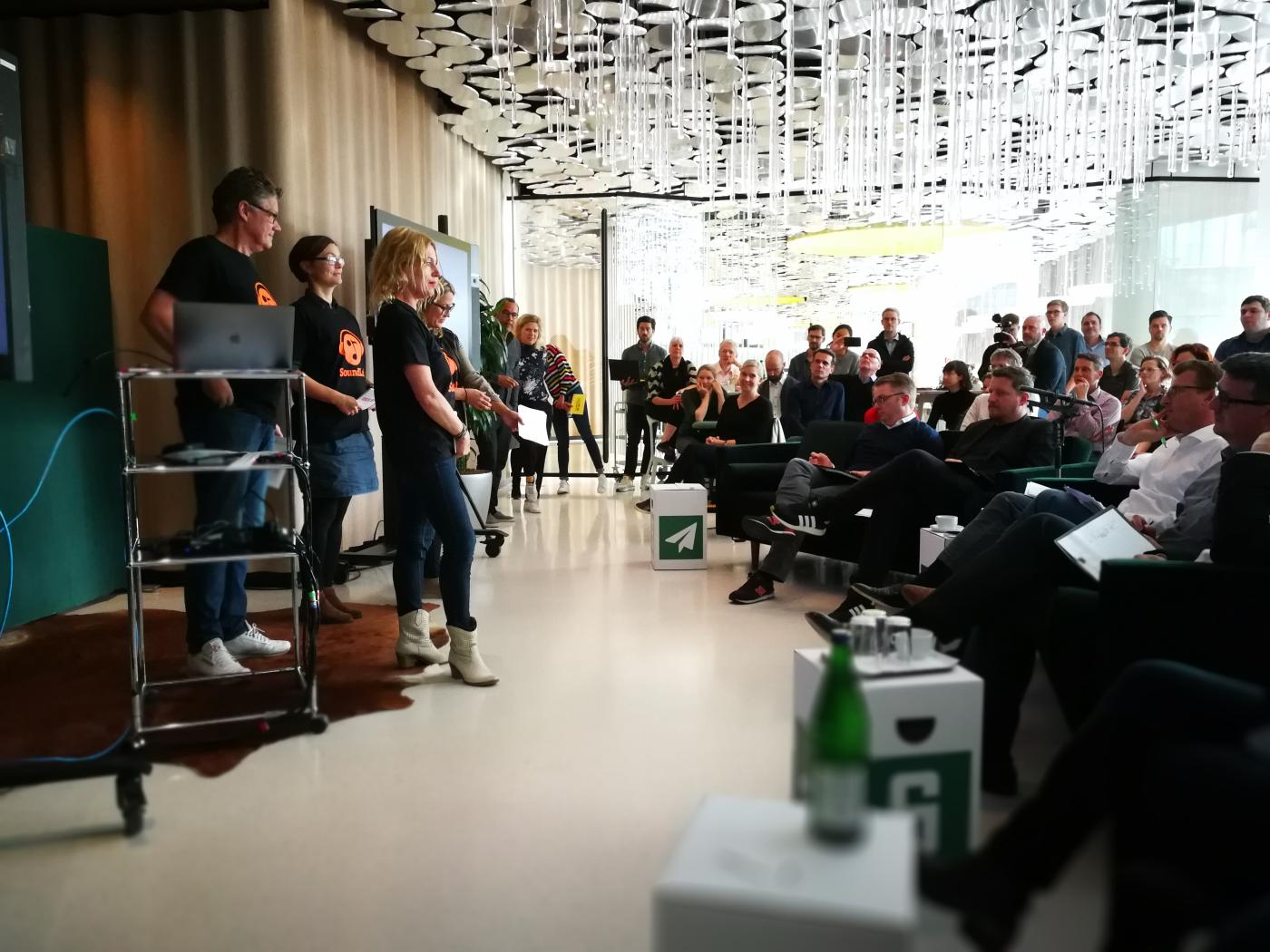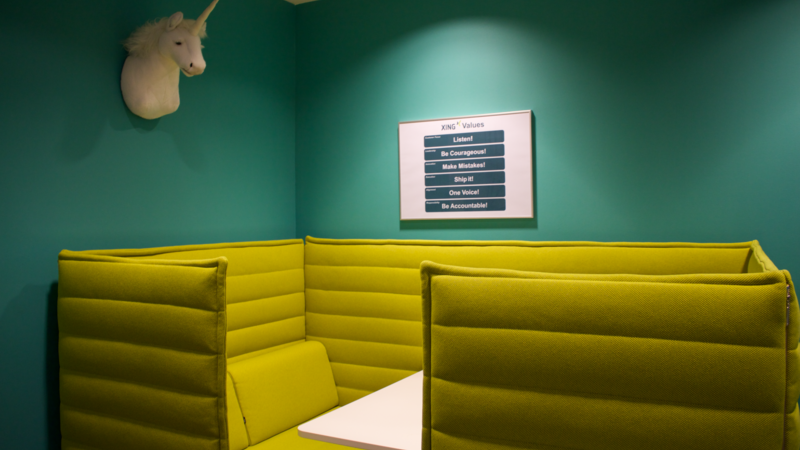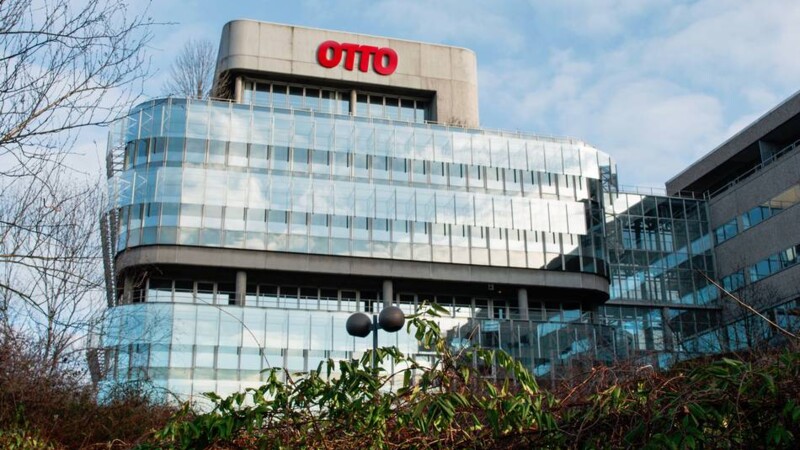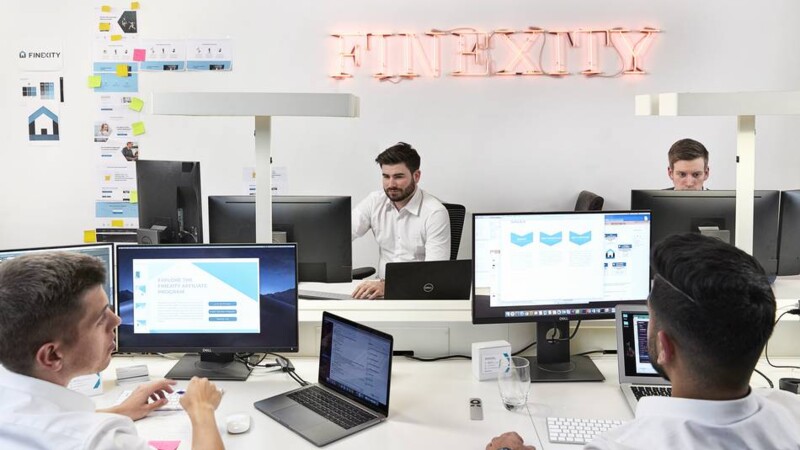Spiegel's Dr. Kerstin Fröhlich, Head of Innovation, talks about educational work and the innovation campus
The history of the Spiegel Group is closely linked to Hamburg. The first print magazine hit newsstands over 70 years ago. Meanwhile, the publishing group has added more than 20 media to its product range. But how does a traditional company like Spiegel cope with innovations? At first, the company or an interdisciplinary team of innovators analysed employees’ ideas in terms of product development and implemented them where feasible. Early in 2018, Dr. Kerstin Fröhlich became the first permanent contact person for innovation processes. Hamburg News met her at Spiegel Group’s headquarters in HafenCity. During the interview, Fröhlich drew an interim balance and spoke abut educational work, teamwork, the innovation campus and co-operating with start-ups.
Hamburg News: What does innovation mean to you?
Dr. Kerstin Fröhlich: It’s like a formula. You need an idea, but more importantly, you cannot simply leave it at that. It should be linked to users’ needs. The saying, “don’t fall in love with your idea, fall in love with your problem,” means that simply having an idea is not an innovation in itself. Essentially, it’s about solving a user’s problem. The whole thing must be linked to a business model and be implemented, of course. You can only speak of a true innovation when all four components are brought together successfully.
Hamburg News: What skills do you require as manager of innovations?
Fröhlich: I work in a supporting function to enable innovators and the company as a whole to innovate. The emphasis is on designing processes and environments, but also on a culture of innovation and incorporating inspirations. It is not always immediately clear whether innovations are possible and desired. Apart from professional skills, this requires a gift for communication – and a certain tolerance for frustration – because obstacles have to be overcome as with any kind of cultural change.
Hamburg News: Does innovation require teams?
Fröhlich: Clearly, yes. Initially, an interdisciplinary team consisting of editorial and commercial staff was tasked (part-time) with promoting new business areas and a culture of innovation in the company. However, when it became apparent that a special team would be more target-orientated, the process was bundled and innovation management was created. So I joined the Spiegel Group in January 2018 to take up the newly created position of “Head of Innovation”. The team has since grown to three people and we work closely with the individual specialist departments and editorial officeson how we can bring our company even closer to the issue of innovation. Collaboration and talks are essential. And although we still have a long way to go before we raise the potential for innovation in the Spiegel Group, the issue is falling on fertile ground here. As employees of a media company, we are very alert to events all over the world. More often than not, it is essentially a matter of inputting ideas and suggestions for improvement into a structured innovation process rather than getting out of an everyday routine.
Ideally, there would be no innovation management, if the topic were so deeply anchored that all employees had an eye for possible innovations in every situation. My goal is to set up processes and structures in the company in which innovation is simply a given.




